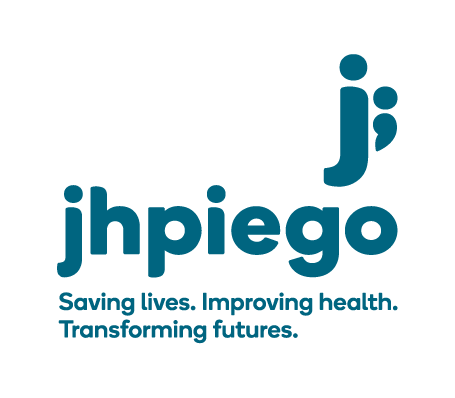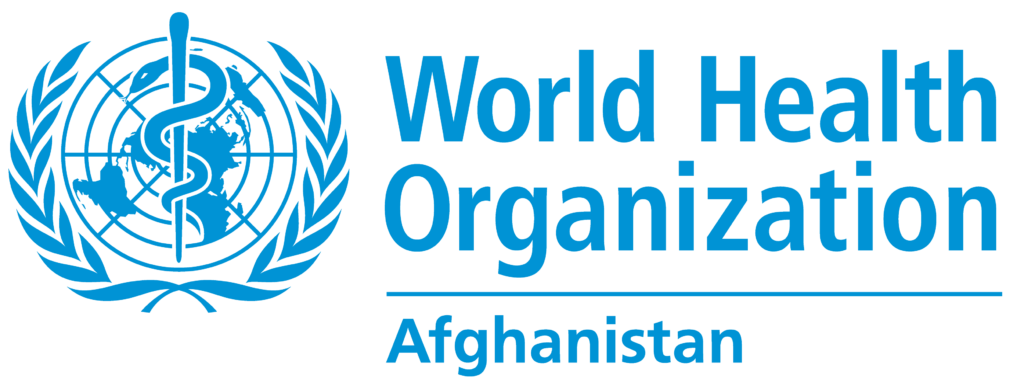Shaping the future: Our strategy for research and innovation in humanitarian response.

Shaping the future: Our strategy for research and innovation in humanitarian response.

Principal Investigators: Dr Sayed Murtaza Hofiani and Dr Aliki Christou
Verbal and social autopsy are methods used to determine the biomedical and social causes of deaths that occur outside of the health system through structured interviews with family and community members.
This research will evaluate the feasibility and acceptability of implementing verbal and social autopsy through community-based healthcare workers- namely, community health workers and community-based midwives, to identify perinatal deaths (stillbirths and early neonatal deaths) and their causes among populations in Afghanistan with high levels of internally displaced people, refugees and returnees.
The study will be implemented in three locations all of which have varying health service delivery models at the community level.
The study will also explore the scope for integrating and reporting the data generated from verbal and social autopsy on perinatal deaths into existing humanitarian and routine health information systems in the country.
This formative study will establish the most appropriate, feasible, and sustainable approach to integrate the methodology of verbal and social autopsy into the tasks of existing healthcare workers in Afghanistan.
Testing this in two urban and one rural setting with varying demographics of displaced populations, and where different health service delivery models exist, will allow us to understand how we can adapt the methodology according to available resources.
This research will contribute to providing much needed data to understand the burden of these deaths and the underlying clinical and social causes – both of which are currently non-existent. Improving the availability of such data can directly inform prevention efforts by identifying key risk groups, guiding resource allocation, and prioritising interventions to improve health service delivery and quality of care in order to prevent stillbirths and early newborn deaths.
Evidence from this study can inform improvements to perinatal death data collection in other settings with similar humanitarian crises.




 Please upgrade your browser
Please upgrade your browser
You are seeing this because you are using a browser that is not supported. The Elrha website is built using modern technology and standards. We recommend upgrading your browser with one of the following to properly view our website:
Windows MacPlease note that this is not an exhaustive list of browsers. We also do not intend to recommend a particular manufacturer's browser over another's; only to suggest upgrading to a browser version that is compliant with current standards to give you the best and most secure browsing experience.